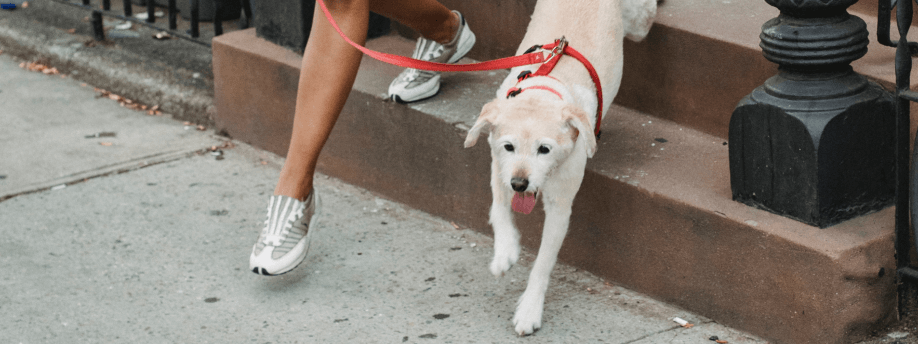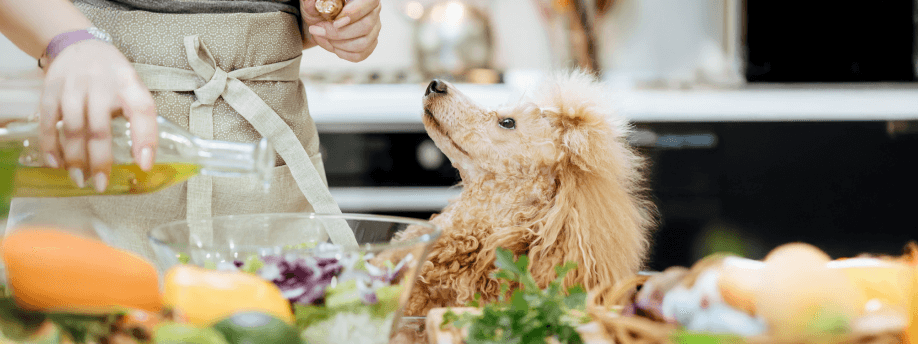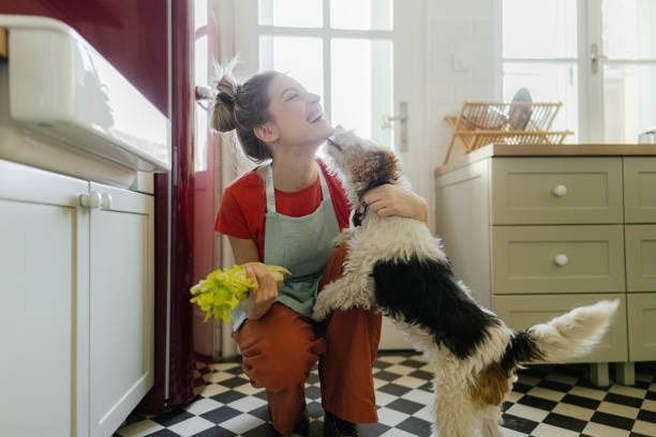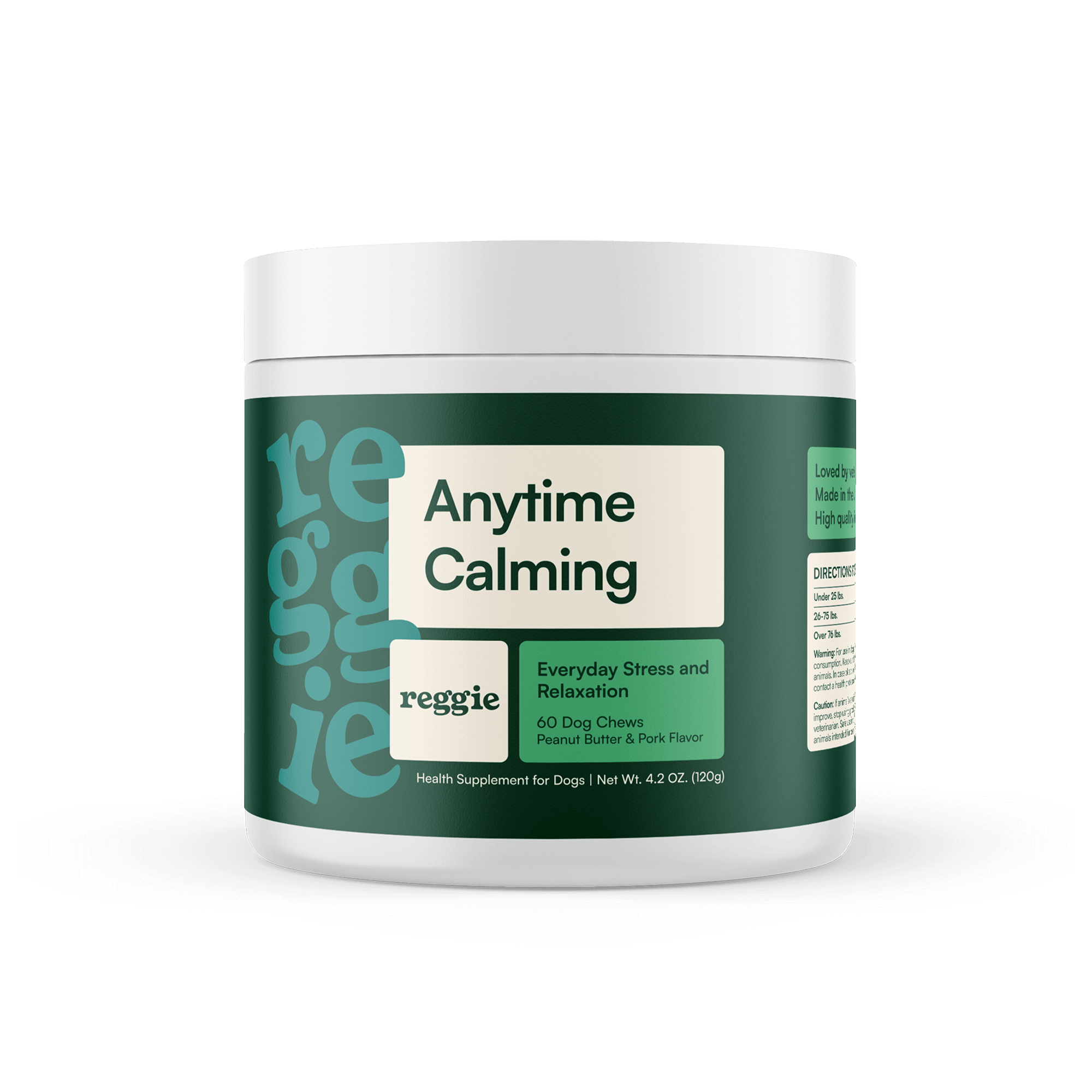Despite thousands of years of domestication, your dog remains a fundamentally social creature. Their happiness and mental health depend not just on physical exercise and mental stimulation, but on meaningful social connections - with you, other dogs, and the wider world.
Red Flags: When Social Needs Aren't Met
Watch for these warning signs that your dog needs more social enrichment:
- Overexcitement when meeting new people or dogs
- Excessive clinginess or separation anxiety
- Fearfulness or reactivity toward unfamiliar situations
- Inability to calm down in social settings
Building Your Dog's Social Skills Safely
Start at Home: Strengthen Your Bond
Cuddle Sessions: Physical affection builds trust and security - but respect your dog's boundaries and preferences.
Hide-and-Seek with Family: This game combines social interaction with mental stimulation while strengthening family bonds.
Expand the Circle: Meeting Others
Structured Playdates: Arrange meetings with well-matched dogs in neutral locations to build positive associations.
Group Training Classes: Learning alongside other dogs provides controlled social exposure while building skills.
Dog-Friendly Businesses: Visits to pet-friendly cafes or stores offer real-world socialization practice.
Advanced Social Adventures
Dog Sports Teams: Activities like agility or flyball combine social interaction with purposeful work.
Canine Good Citizen Test: This structured program builds essential social skills and manners.
Work Visits: If your workplace allows, bringing your dog exposes them to new people and environments.
The Art of People-Watching
Sometimes the best social enrichment is passive. Sitting on a park bench and calmly observing the world helps dogs practice social skills without pressure.
Reading Your Dog's Social Comfort Level
Not every dog is a social butterfly, and that's okay. Learn to recognize your dog's stress signals:
- Stiff body posture
- Avoidance behaviors
- Excessive panting or drooling
- Lip licking or yawning in non-tired contexts
Quality Over Quantity
Your dog doesn't need to be the life of the party. A few positive social experiences are far more valuable than overwhelming situations that create anxiety.
The Ripple Effect
Well-socialized dogs are happier, more confident, and easier to live with. They handle new situations with grace and form stronger bonds with their human families.
Remember: socialization isn't just puppy training - it's a lifelong need that keeps your dog emotionally healthy and socially confident.











